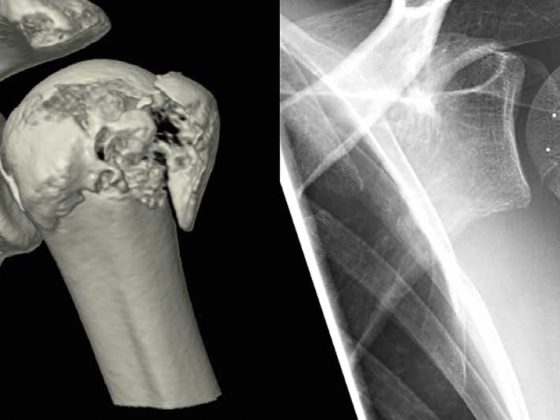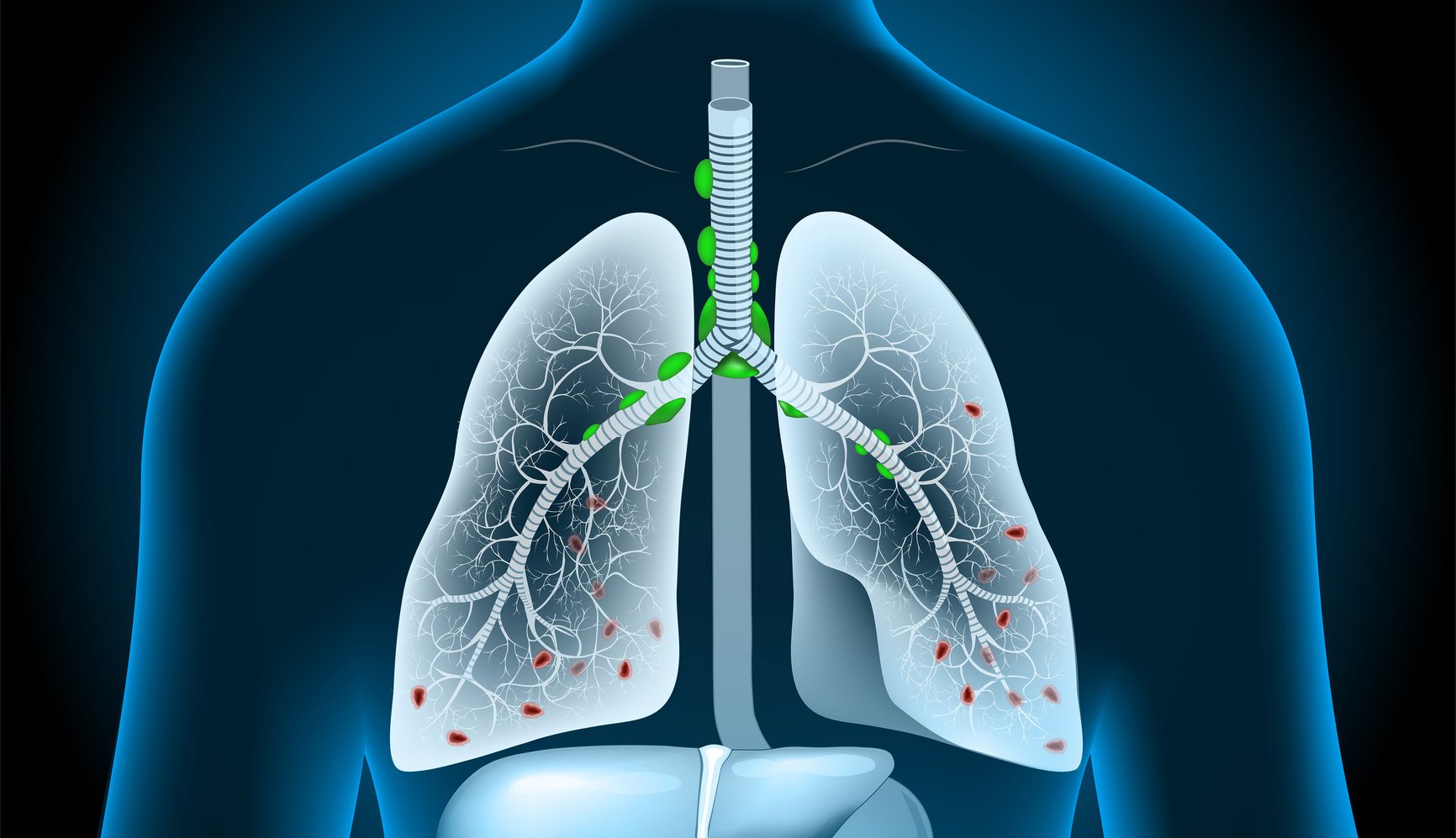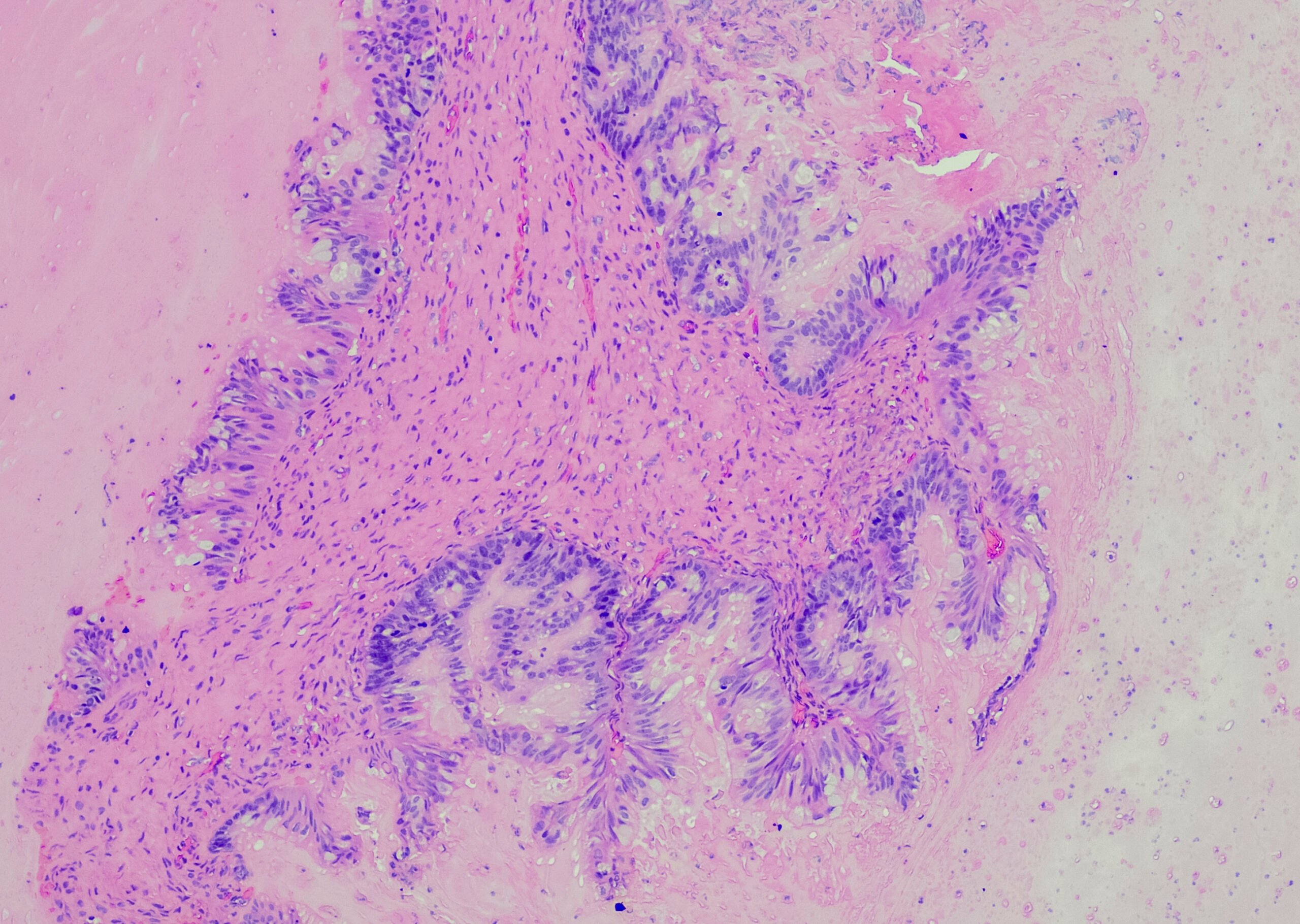Purpose: The aim of the study conducted in the United Kingdom was to sociodemographically and clinically characterize individuals who have experienced human trafficking and suffer from severe psychiatric disorders.
Background
There have been few studies on the mental health of individuals who have experienced human trafficking. All that is known is that affective disorders and trauma occur with a high prevalence among them.
Patients and methodology
Individuals who came into contact with mental health services in London between January 2006 and July 2012 were included in this cohort study. Electronic patient records from over 200,000 patients were examined in the process. Furthermore, trafficked and non-trafficked individuals were “matched” and compared in terms of their sociodemographic and clinical characteristics.
Results
It was possible to find 133 people who had experienced human trafficking (among them were 37 children). The majority of adults (81%) and children (68%) were female. Among children, sexual exploitation played the main role (51%). The most common diagnoses overall were affective disorders, such as post-traumatic stress disorder (PTSD), stress-related disorders, and adjustment disorders. Physical and sexual abuse could still be found in a high number of victims. Individuals who experienced trafficking also had significantly more forced psychiatric admissions than participants in the control group. No association was found between trafficking and substance use disorders.
Conclusions of the authors
Severe psychiatric illness among persons who have experienced trafficking is associated with more inpatient admissions to psychiatry, further with higher rates of abuse experiences. More effective interventions are needed for this very vulnerable patient population, he said.
Comment
This is very important work by Oram and colleagues, as the issue of human trafficking (and refugee misery) is currently very topical again in Europe. The high number of women and children affected is alarming. As expected, stress-related disorders and affective disorders were found most frequently. What is surprising, however, is that there are reportedly fewer substance use disorders among individuals who have experienced human trafficking. There may be several reasons for this: First, some of the data in the study were incomplete. However, the main reason is more likely to be that patients with substance use disorders often have a high level of shame and self-stigma and therefore often do not want to report “real” use openly in initial interviews. Future studies should therefore use additional methods to better objectify substance use disorders in patients (e.g., hair analysis). The purpose of better objectification is not to convict patients, but rather to help ultimately better diagnose and treat vulnerable patient groups.
InFo NEUROLOGY & PSYCHIATRY 2016; 14(2): 30.











